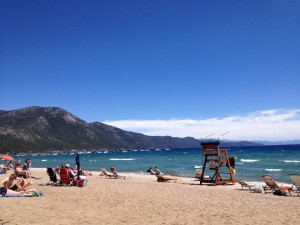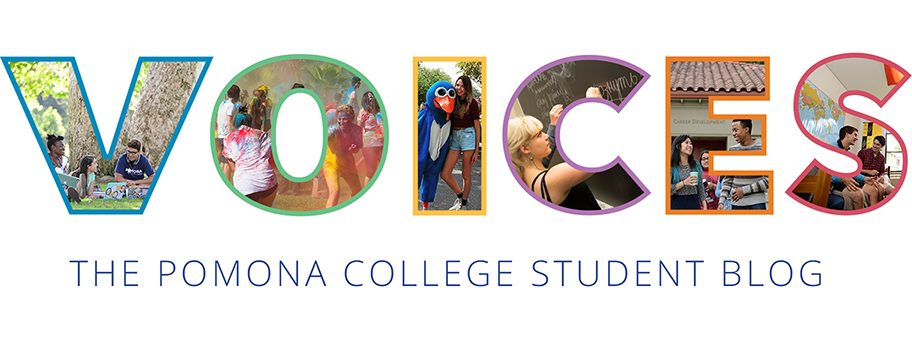Despite what some hyper-literate humanities majors may claim – those, specifically, who use books-within-books to keep their pages marked – we all have limited vocabularies. Severely limited, I may even venture to say. Instead of the bottomless reservoirs we think we have, there is but a trickle of language available to us or, maybe, if one is peculiarly lettered, a puddle. Sometimes, we overuse words. Sometimes, we neglect them, completely and unwittingly. And, sometimes, without announcement, a once-abused word will slip beyond our fingertips; while, yes, we can still detect the aftertaste of the word, the shape of it between our lips, it can no longer be grasped. Or, to speak from experience, sometimes we have discovered – well, at least, thought we have discovered – the perfect word or phrase for a given situation and, therefore, will never stray from it. But why stray from it? It is perfect: abundant in syllables, well-textured, somewhat arcane but exuding sophistication, insightfulness, and, for good measure, just a sprig of pretension.

When a railroad cuts through a landscape, for instance, I have such a “perfect” phrase spring-loaded on the tip of my tongue – Carson McCullers once described railways as “silver and exact,” I will say, and Emily Dickinson loved the phrase so much that she interpolated it into one of her poems. This is, perhaps, a longwinded introduction, but what I am getting at is this: my Pomona education has dramatically improved, not my hopelessly limited vocabulary, but my articulateness – which it to say, when I encounter or enjoy experiences now, I can do so purely, incisively, observantly, critically, or contextually. No longer do I need to rely on delimiting adjectives like “unimaginable” or “indescribable,” although, if a moment of sublimity calls for such a word, I know how and when to deploy it. My developing articulateness, as I have labeled it, became manifest for me last week during a trip to Lake Tahoe.
The lake itself is an overpowering sight. Crowds gather on the shorelines to marvel at its immensity. Tourists gawk at it as they pour in from the interstate. Houses, summer cabins and too-big-to-believe mansions alike, topple over one another on the hillside, all trying to get a better back porch view of it. After catching one’s breath, the first word that comes to mind is a simple one, an instinctive one – “beautiful.” Not to dismiss the gravity of this word, but, to prove my point, I will pose a question: why? What makes it so beautiful?
This is when my Pomona-born articulateness kicks in, when it really comes to the fore. Instead of depending on this word alone, its semiotic excess included, I can pinpoint the reasons underlying this “beauty”; I can juxtapose this “beauty” to other experiences and phenomena; I can even enhance this “beauty” by weaving it into an allusion-saturated narrative. This, I think, is one of the incontestable merits of a Pomona College education and, to be sure, I have been thinking a lot about these merits, being the estimable one-two punch of senior + English major. Experience no longer has to be just about the thrill of speechlessness; rather, it can be about the wonder of expression.
